Former Trump Officials Dispute Robert F. Kennedy Jr.'s Pesticide Stance
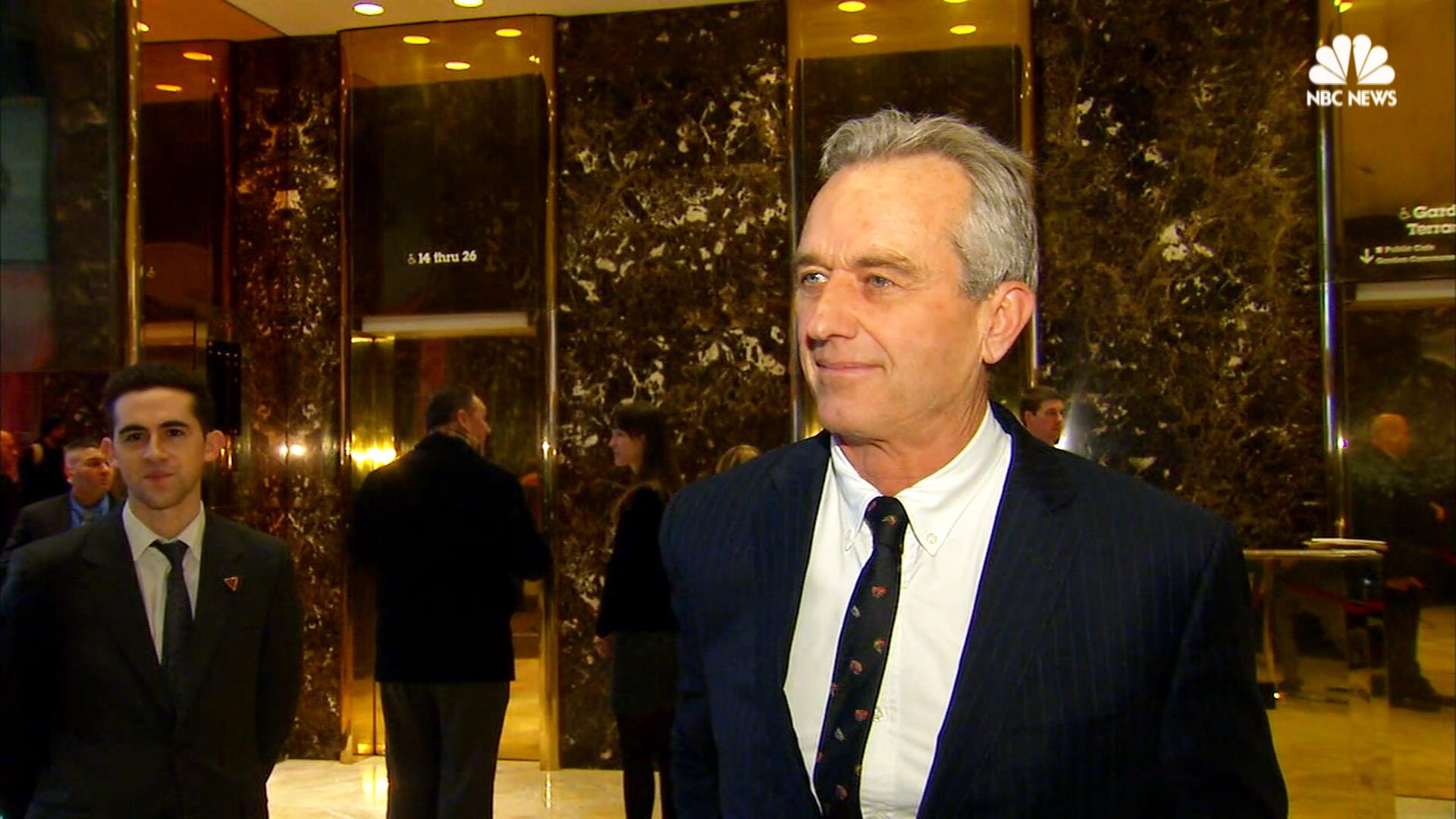
Table of Contents
Kennedy Jr.'s Pesticide Concerns and Their Basis
Robert F. Kennedy Jr. is a well-known environmental activist who has voiced strong concerns about the widespread use of pesticides, particularly glyphosate, the active ingredient in Roundup. He argues that these chemicals pose significant risks to human health and the environment, citing potential links to various cancers and other health problems. His arguments are often based on studies highlighting potential adverse effects, anecdotal evidence, and concerns about the long-term consequences of widespread pesticide application.
- Specific Health Concerns: Kennedy Jr. and his supporters link pesticide exposure to increased risks of cancer (specifically non-Hodgkin lymphoma), developmental problems in children, and endocrine disruption.
- Supporting Studies and Reports: He frequently references studies that raise concerns about pesticide effects, although the interpretation and significance of these studies are often contested. He also highlights the lack of long-term, comprehensive studies on the cumulative effects of low-level pesticide exposure.
- Allied Advocacy Groups: Kennedy Jr. is associated with several environmental and health advocacy groups that share his concerns about pesticide use and advocate for stricter regulations. These groups often amplify his messages and provide additional research and analysis supporting his position.
Counterarguments from Former Trump Officials
Former Trump administration officials, many with backgrounds in regulatory science and agricultural policy, have strongly criticized Kennedy Jr.'s stance. They argue that his views are not supported by the weight of scientific evidence and that current regulations adequately address potential risks. Their counterarguments often emphasize the benefits of pesticide use for agricultural productivity and food security.
- Critiques of Kennedy Jr.'s Claims: These officials often point to flaws in the methodology of studies cited by Kennedy Jr., arguing that they lack robust statistical power or fail to account for confounding factors. They also challenge the interpretation of data presented by Kennedy Jr. and his supporters.
- Perspective on the Regulatory Framework: They defend the existing regulatory framework, particularly the Environmental Protection Agency (EPA)'s process for evaluating and approving pesticides. They emphasize that the EPA undertakes rigorous risk assessments before approving any pesticide for use.
- Economic and Agricultural Benefits: They highlight the significant role that pesticides play in boosting agricultural yields, making food more affordable and accessible, and ensuring a stable food supply. They argue that overly restrictive regulations could harm agricultural production and food security.
Differing Perspectives on Scientific Evidence
The core of the disagreement between Kennedy Jr. and his critics lies in the interpretation of scientific evidence. Both sides cite peer-reviewed studies, but they reach vastly different conclusions. This highlights the complexities of scientific research and the challenges in interpreting data, particularly when dealing with complex environmental and health issues.
- Contrasting Study Conclusions: For example, while some studies suggest a link between glyphosate exposure and certain health problems, other large-scale studies have found no such association. Both sides often selectively emphasize studies that support their respective positions.
- Potential Biases in Data Selection: Accusations of bias in data selection and interpretation are common on both sides. This underscores the importance of critical evaluation of scientific findings and the need to consider the totality of the evidence.
- Conflicts of Interest: Concerns about potential conflicts of interest also arise. Critics point to funding sources for research and affiliations with industry groups as possible influences on the findings and conclusions of certain studies.
Implications for Public Policy and Future Regulation
The ongoing debate surrounding Robert F. Kennedy Jr.'s stance on pesticides has significant implications for public policy and future regulation. It highlights the challenges of balancing environmental protection with agricultural productivity and the need for evidence-based decision-making in a highly politicized environment.
- Impact on Public Perception: The public debate influences public perception of pesticide safety and regulatory agencies' effectiveness. Misinformation and conflicting claims can create confusion and undermine trust in scientific institutions.
- Consequences of Different Policy Approaches: Different policy approaches—ranging from stricter regulations to a more lenient approach—will have vastly different consequences for farmers, consumers, and the environment. These consequences need careful consideration.
- Role of Political Polarization: The debate is further complicated by political polarization, with differing viewpoints often aligning with broader political ideologies. This polarization makes finding common ground and achieving consensus on pesticide policy more difficult.
Conclusion
The disagreement between Robert F. Kennedy Jr. and former Trump officials regarding pesticide use underscores the complexities of evaluating scientific evidence and forming effective public policy. Both sides present compelling arguments, yet significant disagreements remain regarding the interpretation of scientific data and the appropriate level of pesticide regulation. The debate highlights the need for continued research, transparent communication, and a careful consideration of the potential risks and benefits of pesticide use. We encourage readers to engage in constructive dialogue, seek out reliable sources of information, and form their own informed opinions on the complex issues surrounding pesticide regulation and Robert F. Kennedy Jr.'s stance on pesticides. Understanding the different perspectives on pesticide use is crucial for informed participation in the ongoing debate about environmental protection and public health.

Featured Posts
-
 The Jalen Brunson Injury And The Knicks Depth Issues
May 15, 2025
The Jalen Brunson Injury And The Knicks Depth Issues
May 15, 2025 -
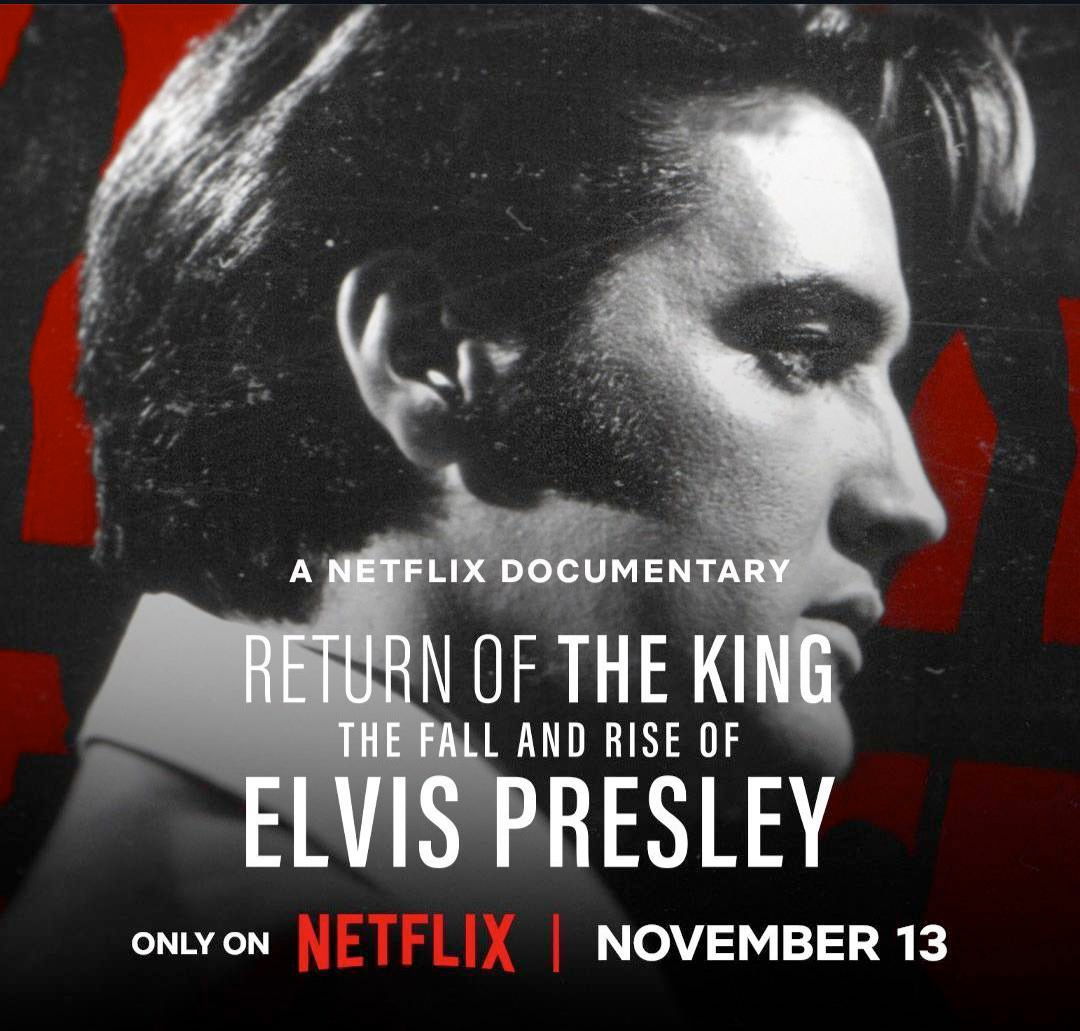 The Rise And Fall Of The King Of Davos A Historical Perspective
May 15, 2025
The Rise And Fall Of The King Of Davos A Historical Perspective
May 15, 2025 -
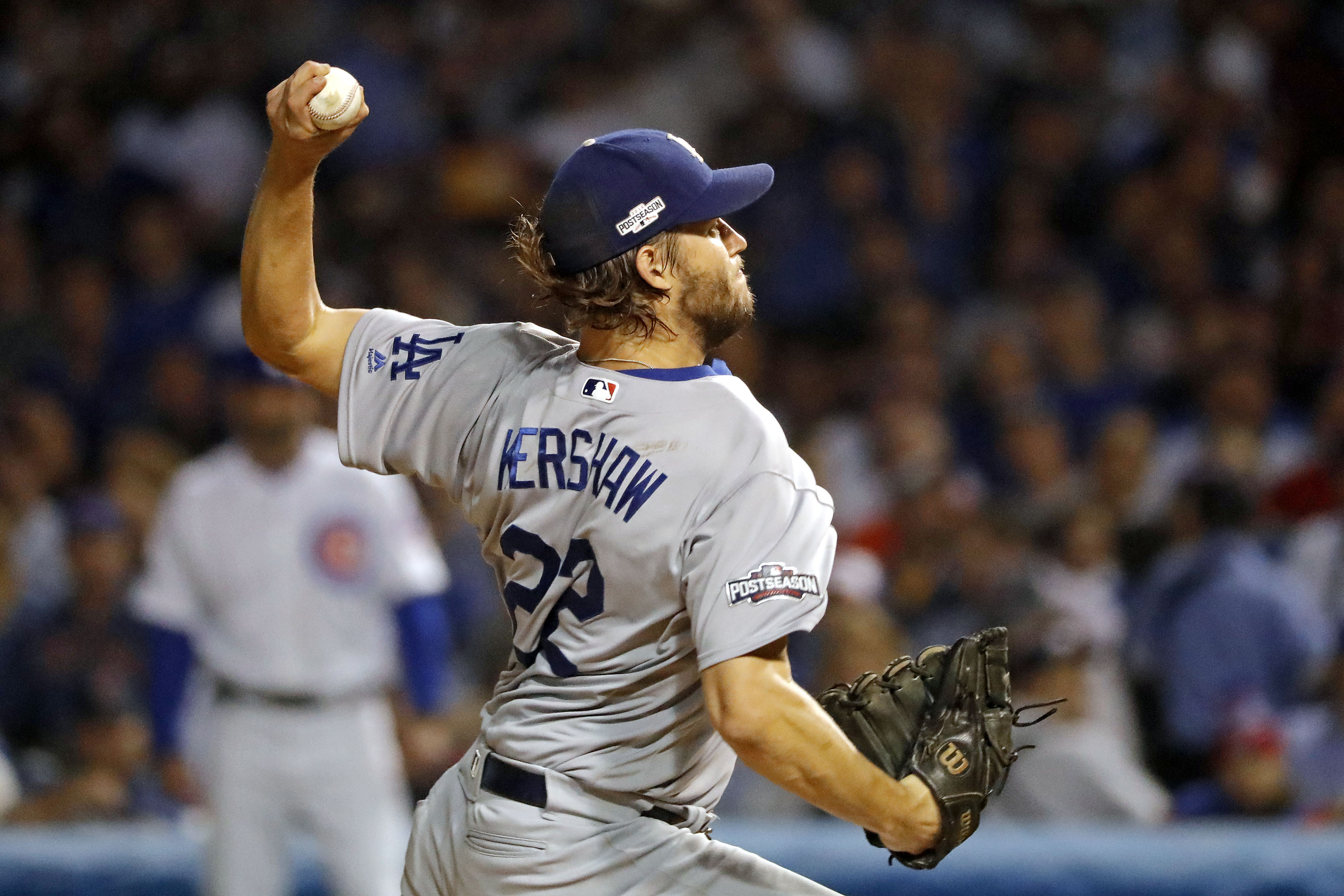 Dodgers Quiet Bats Lead To Defeat Against Cubs
May 15, 2025
Dodgers Quiet Bats Lead To Defeat Against Cubs
May 15, 2025 -
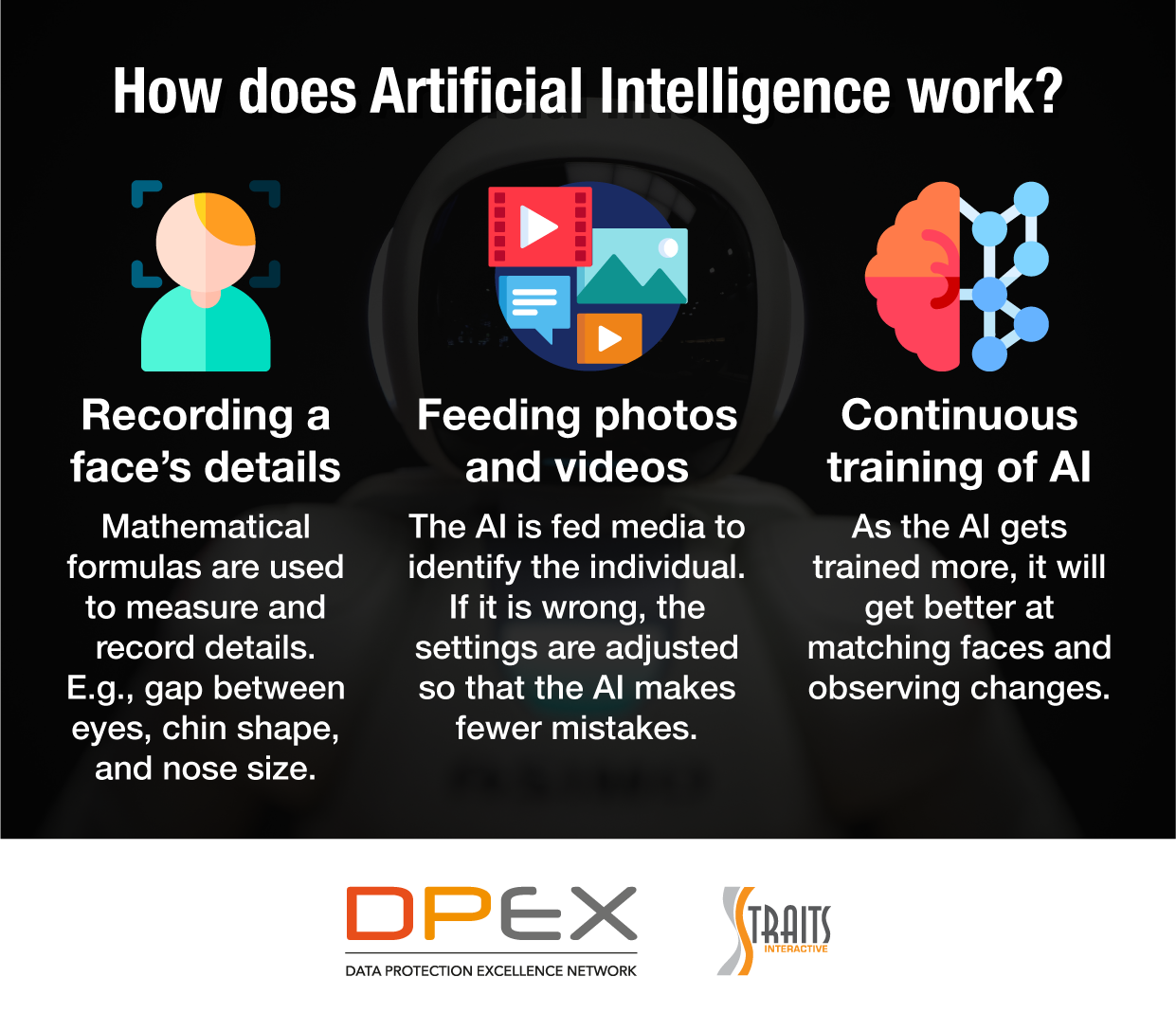 Ai Therapy Privacy Concerns And Potential For Surveillance
May 15, 2025
Ai Therapy Privacy Concerns And Potential For Surveillance
May 15, 2025 -
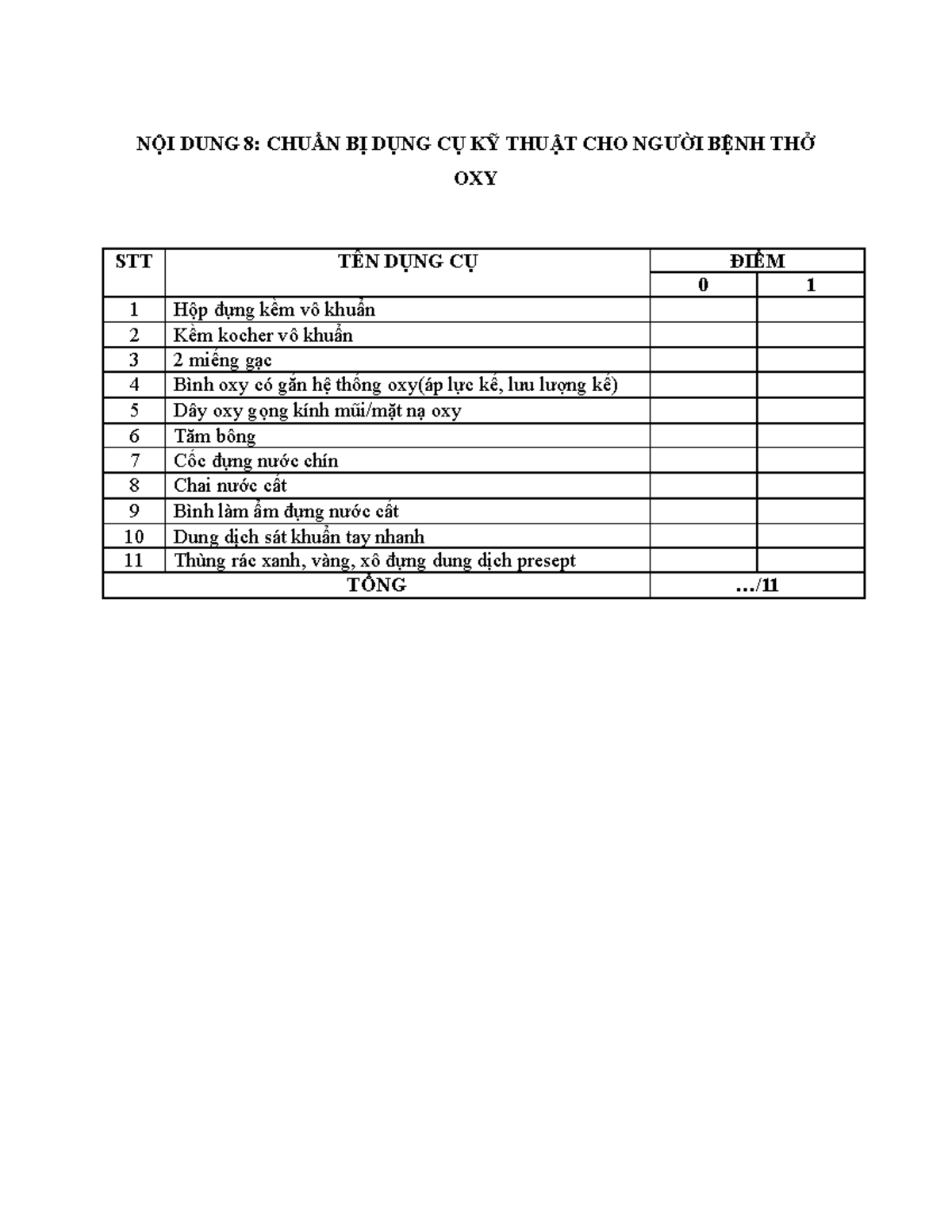 Huong Dan Chi Tiet Thoi Gian Xong Hoi Tot Nhat Cho Suc Khoe
May 15, 2025
Huong Dan Chi Tiet Thoi Gian Xong Hoi Tot Nhat Cho Suc Khoe
May 15, 2025
